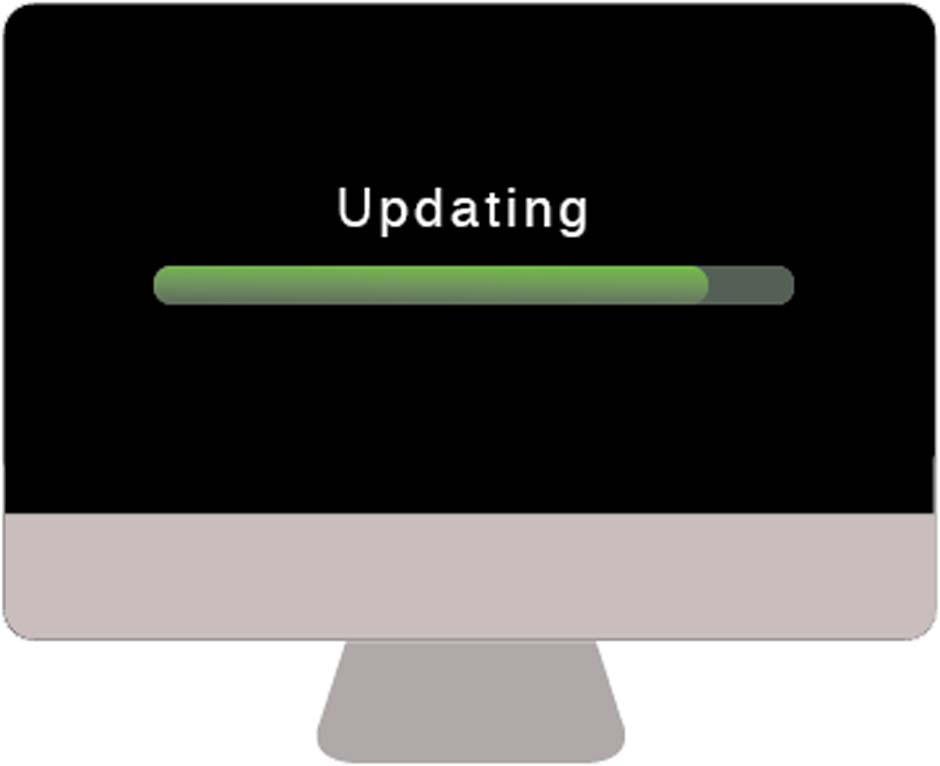No cost to update computers

 OCCC is staying ahead of the game with Windows 10 updates coming to the school’s computer system this summer.
OCCC is staying ahead of the game with Windows 10 updates coming to the school’s computer system this summer.
Vice President for Information Technology David Anderson said the rollout won’t cost the college any more than what it already pays for its computer services.
Amidst the current state budget crisis, OCCC is working to make sure every dime is used efficiently.
“Really the cost of Windows 10 is zero, because it’s included with our campus agreement,” Anderson said.
The three year campus agreement with Microsoft costs the college $110,000 each time the agreement is renewed.
Anderson said the cost is split between student technology fees and administrative fees.
“That includes all of the servers, all the desktops, sequel servers, all the Microsoft products that were licensed through that which includes Microsoft Office for the campus and the Macs,” Anderson said.
All computers that meet system requirements will be updated to Windows 10 and Microsoft Office 2016 after the spring semester concludes.
This conversion is expected to be completed before most classes resume in the fall, said Tim Whisenhunt, director of technology support.
“We’ve been piloting the use of Windows 10 and Office 2016 in our area and with other people across campus,” Whisenhunt said. “From the results of the pilot group, there doesn’t seem to be any significant issues with Windows 10 with any of the programs the college does business with.”
Whisenhunt said there are some programs in other departments that are incompatible with the new operating system, but they will work with the department to find a fix.
“In those instances we’ll work a little closer with them to see if there is a solution.” Whisenhunt said, “If not, we may be excluding those machines from the deployment.”
Whisenhunt said the upgrade is necessary because too many computers on campus are currently running outdated software.
“Microsoft has actually ended development for Windows 7,” Whisenhunt said.
Windows 7, released in 2009, only receives security patches from Microsoft, and that support will end January 2020.
“We will meet with the departments that are going to be affected and talk with them about the changes that are coming and steps they need to take to prepare for it,” Whisenhunt said.
“Right now it’s looking somewhere in the neighborhood of about 1,500 computers across campus,” Whisenhunt said, “so it’s a pretty big task.” The rollout will begin on May 13, and will continue through the summer.